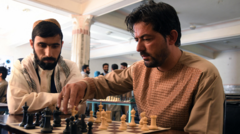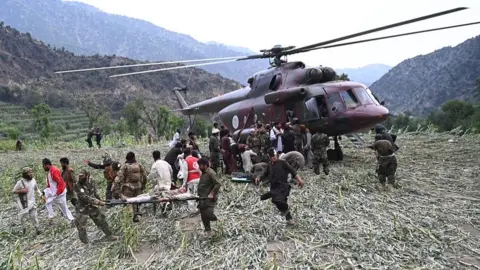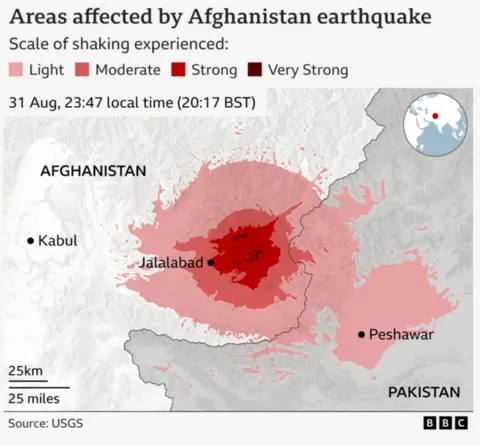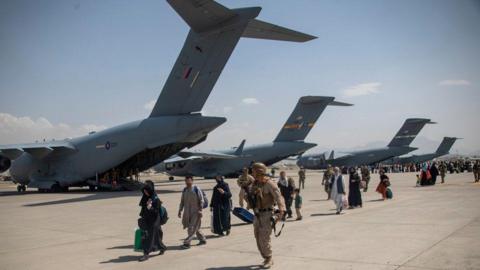The Taliban government in Afghanistan has announced an indefinite ban on chess, citing concerns that the game may be linked to gambling activities. The decision has been described as a precautionary measure until the compatibility of chess with Islamic law is fully assessed. This prohibition adds chess to a growing list of restricted sports since the Taliban regained power in August 2021, marking a sharp decline in recreational and cultural freedoms in the country.
Atal Mashwani, a representative from the Taliban's sports division, stated that chess is viewed within Islamic sharia law as a potential facilitator of gambling. “Until these considerations are addressed, the sport of chess is suspended in Afghanistan," he clarified in a statement to AFP.
The ban has raised concerns among local business owners, particularly café operators like Azizullah Gulzada, who previously hosted informal chess tournaments. He expressed disappointment over the decision, asserting that chess offered recreational opportunities for Afghan youth amidst limited leisure activities. “Young people don't have a lot of activities these days, so many came here every day,” said Gulzada.
Additionally, he highlighted that chess continues to thrive in other Muslim-majority nations, prompting questions about the Taliban's rigid stance. Last year, professional mixed martial arts, known for its aggressive style, was also banned under similar interpretations of violence and sharia compatibility. This includes prohibitions on direct confrontations like "face-punching", which were outlawed when the Taliban reinstated their regime.
The implications of these cultural restrictions raise critical discussions about the balance between governance, cultural practices, and the fostering of social engagement within Afghan society.





















